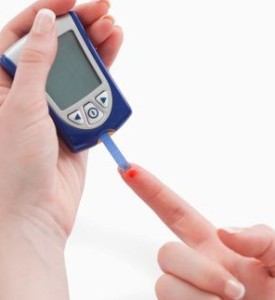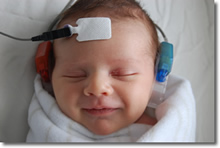 Newborn hearing screening is now mandated across the nation and for a very good reason! According to the National Institutes of Health (NIH), research shows that the most intensive period of speech and language development is during the first three ears of a child’s life. When a child has a hearing impairment, they have a much harder time developing speech and reading skills and will quickly fall behind their peers.
Newborn hearing screening is now mandated across the nation and for a very good reason! According to the National Institutes of Health (NIH), research shows that the most intensive period of speech and language development is during the first three ears of a child’s life. When a child has a hearing impairment, they have a much harder time developing speech and reading skills and will quickly fall behind their peers.
Children learn to talk by imitating the sounds around them; when they cannot hear properly it becomes so much more difficult for them to adequately develop language skills. Newborn hearing screening helps to identify those children who many need to learn language and speech in an alternative way. If a parent or caregiver knows about a child’s hearing loss, they can seek early intervention to correct the problem or implement different strategies to help them learn to communicate successfully.
The incidence of hearing loss in children is actually higher than one might expect; newborn hearing screenings identify about two or three out of every 1,000 babies with either deafness or some other form of hearing impairment. Before newborn hearing screening became mandatory many parents and pediatricians wouldn’t detect hearing loss until about age 2 or 3, when the child failed to develop language skills.
Treatment for hearing loss in small children is not that different than it is for adults. Typically, a hearing aid is used; close monitoring is necessary to ensure it is programmed correctly and is comfortable enough to wear throughout the day. Children tend to benefit from a speech therapist as well since hearing impaired individuals hear sounds differently than others. If after using hearing aids, a child still has difficulty hearing, an audiologist will consider a cochlear implant as another alternative.
The next big step for newborn hearing screening is proper follow up. National data has suggested that about fifty percent of babies who fail their newborn hearing screens don’t follow up and end up falling through the cracks. The American Academy of Pediatrics has a recommended plan for physicians to follow in regards to early hearing detection and intervention. It is important to discuss any suspected hearing concerns with your pediatrician and to make sure that regular hearing screenings with an audiologist are conducted. If a hearing impaired baby is referred for intervention services before the age of 6 months, there is a much greater opportunity for a successful outcome.


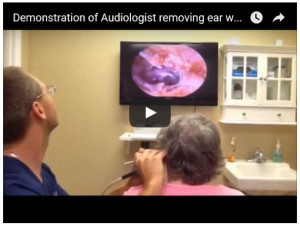
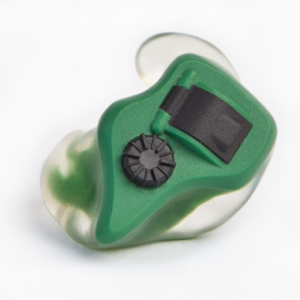

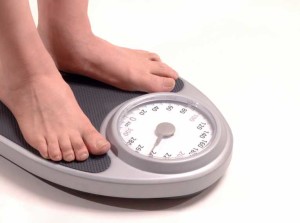 As we age, we slowly pack on some extra pounds. First the freshmen 15, followed by the weight gain from marriage, children come along and before you know it your body and weight is no where near what it use to be. According to The Center for Disease Control and Prevention (CDC) in 2010-2011 more than one third of the adults in the United States were overweight. Having a body mass index (BMI) between 25 and 29.9 is considered overweight. A BMI over 30 is considered obese. Being obese is worse then a cosmetic problem, it is associated with many other health conditions, one being hearing loss.
As we age, we slowly pack on some extra pounds. First the freshmen 15, followed by the weight gain from marriage, children come along and before you know it your body and weight is no where near what it use to be. According to The Center for Disease Control and Prevention (CDC) in 2010-2011 more than one third of the adults in the United States were overweight. Having a body mass index (BMI) between 25 and 29.9 is considered overweight. A BMI over 30 is considered obese. Being obese is worse then a cosmetic problem, it is associated with many other health conditions, one being hearing loss. The busier the roadways become and the more in-vehicle technology we have to contend with, the more focus is required in order to stay safe on the road. Of course we realize that good vision is imperative when maneuvering several thousand pounds of steel around at high rates of speed, however we cannot discount hearing acuity as well Healthy Hearing puts it perfectly – “Good hearing is essential to good driving.” That isn’t to say that those who have a hearing impairment cannot be on the road, however, it makes driving that much more dangerous.
The busier the roadways become and the more in-vehicle technology we have to contend with, the more focus is required in order to stay safe on the road. Of course we realize that good vision is imperative when maneuvering several thousand pounds of steel around at high rates of speed, however we cannot discount hearing acuity as well Healthy Hearing puts it perfectly – “Good hearing is essential to good driving.” That isn’t to say that those who have a hearing impairment cannot be on the road, however, it makes driving that much more dangerous.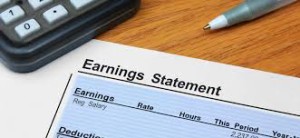 the most unaddressed health conditions in our society. It has been proven that individuals with untreated hearing loss experience a reduction in overall quality of life. Depression, anxiety, social paranoia, social isolation, emotional stability, cognitive functioning and medical health issues are common concerns when hearing loss goes untreated. Now, new research has emerged which found that not only is quality of life affected but financial compensation as well.
the most unaddressed health conditions in our society. It has been proven that individuals with untreated hearing loss experience a reduction in overall quality of life. Depression, anxiety, social paranoia, social isolation, emotional stability, cognitive functioning and medical health issues are common concerns when hearing loss goes untreated. Now, new research has emerged which found that not only is quality of life affected but financial compensation as well.